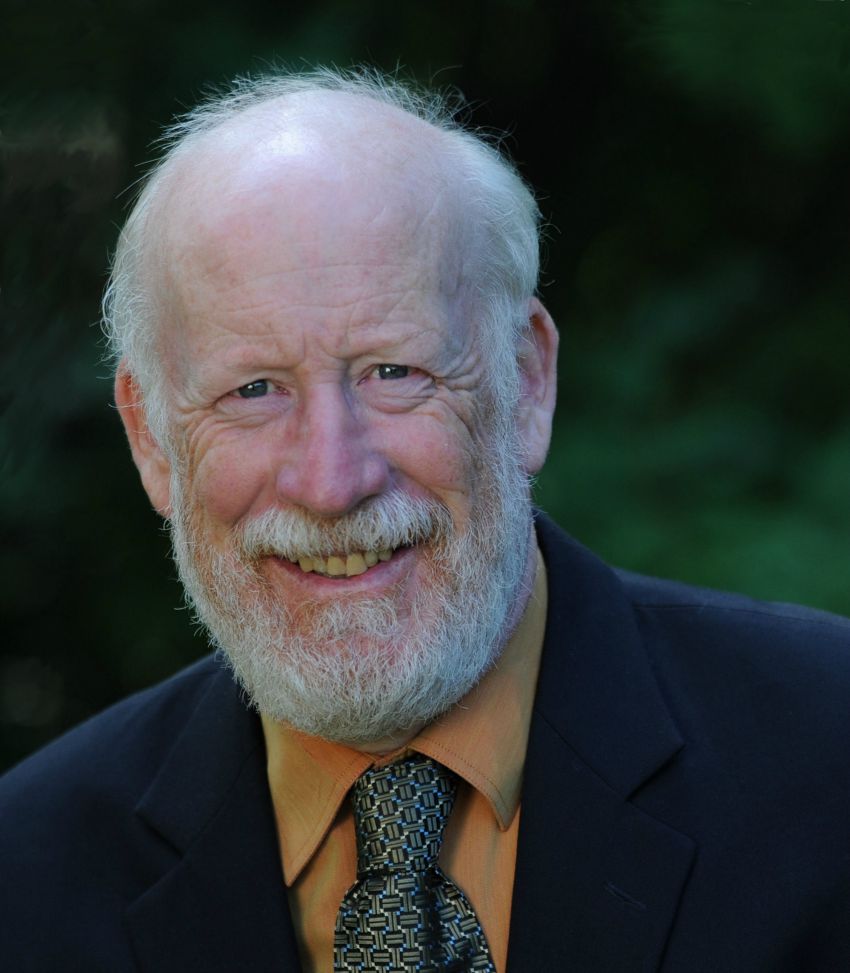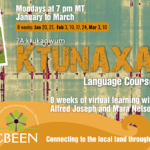Column: From the Hill -- Racism
The death of George Floyd at the hands of Minneapolis police has focussed the world on the blight of racism. In the days and weeks since that event, millions have marched through the streets and there has been much said and written about racism, whether it be conversations around systemic racism or articles about the use of force by police.
I have had some people contact me to say that there might be systemic racism in Canada (and clearly there is) but there is nothing we can do about it. Well, there is plenty we can do about it.
One of my colleagues was walking down the street in Winnipeg a few days ago and saw a policeman stop an indigenous man and demand to see what was in his coffee cup. As she told me: “News flash—it was coffee.” Never in my life have I been stopped by the police to see what was in my coffee cup, but this is the kind of thing that non-white people face every day in Canada. And remember, this happened after the country had been talking about systemic racism in police forces for weeks. Clearly the message isn’t getting through.
Let’s start with policing and the justice system, because that is often where racism seriously and directly affects the lives of people. One clear example is the number of people with criminal records for simple cannabis possession, something that is now legal in Canada. If you’re an indigenous person in Regina, you’re nine times more likely to have a possession record than if you’re nonindigenous; in Vancouver you are seven times more likely. If you’re black in Halifax, you’re five times more likely to have a possession record than if you’re not black, in Toronto that figure is three times more likely. These figures have absolutely no relation to the rate of cannabis use in different groups, or in different parts of the country.
These exact figures are difficult to come up with because the police don’t keep track of ethnicity in their encounters with citizens, whether those encounters lead to an arrest or not. Since it’s clear that there is a systemic bias in policing actions, we need to measure that bias so that we can take steps to correct it and make sure those measures are working. You can’t fix what you don’t measure.
Since the death of George Floyd there have been a wave of recent reports and videos of police violence against Indigenous and Black people in Canada, including the shooting of Chantel Moore during a wellness check, the footage of an RCMP officer striking an Inuk man in Kinngait with the door of a police vehicle, the killing of D’Andre Campbell and death of Regis Korchinski-Paquet, and the dashcam footage of Chief Allan Adam being violently attacked and arrested by RCMP officers in Fort McMurray.
Last Wednesday, the NDP tabled a motion in the House of Commons that called on the government to increase non-police investments in non-violent intervention, de-escalation and mental health and addiction supports, and fully review the RCMP tactics and training in regards to use of force. Although the motion had almost complete support in the House, it failed because of a single vote against by the Bloc Quebecois.
We are past time for more speeches and studies. These are things the government can do right now. We need to make it clear that, in Canada, there is no place for racism.

























